Actual fuel economy of cars and light trucks: 1966-2019
Green Car Congress
JANUARY 7, 2021
vehicle fuel economy. Specifically, this study examines actual fuel economy of cars and light trucks (pickup trucks, SUVs, and vans) from 1966 through 2019. (My Calculated vehicle fuel economy is available going back to 1923. The graph below shows the changes in actual vehicle fuel economy from 1966 through 2019.

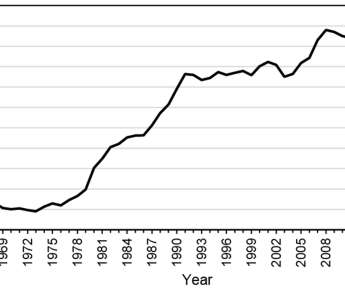

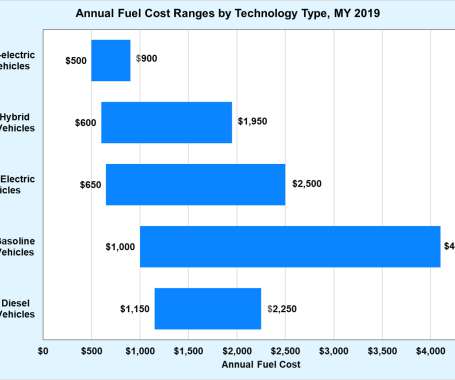
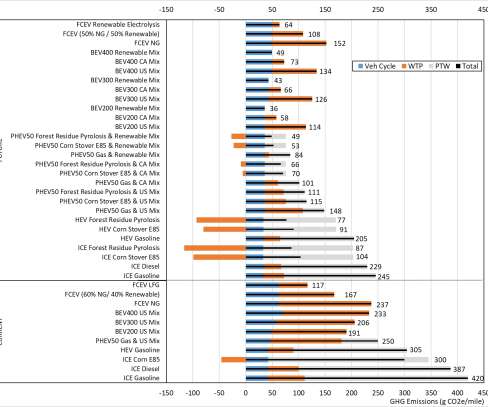
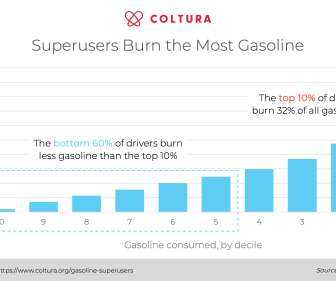






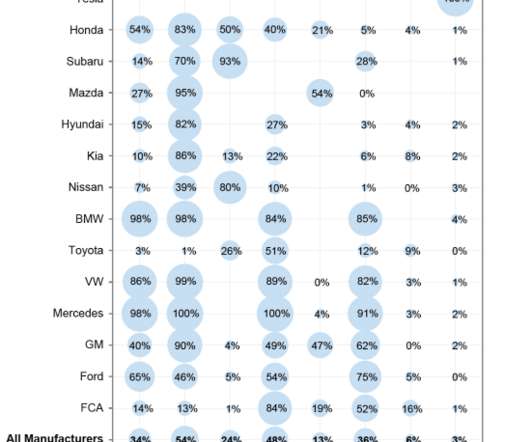
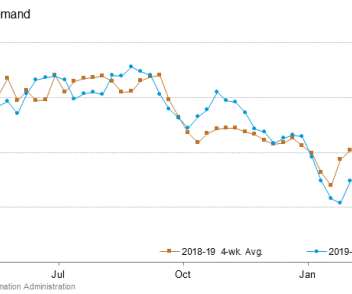






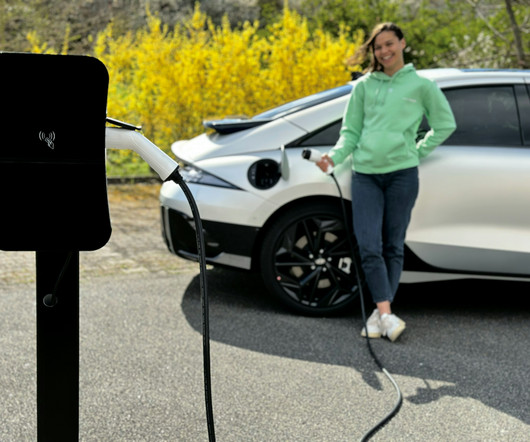



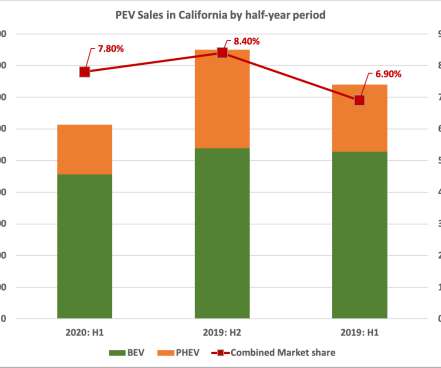



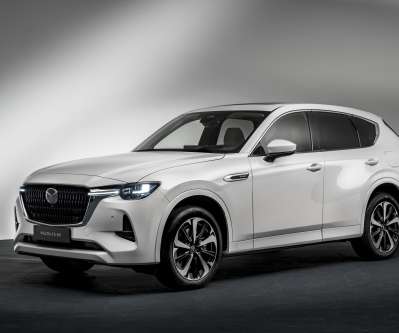



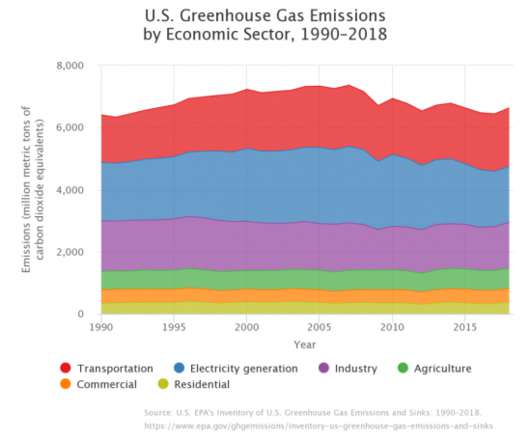
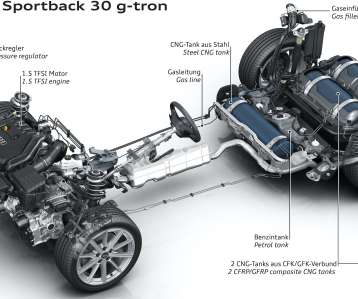







Let's personalize your content